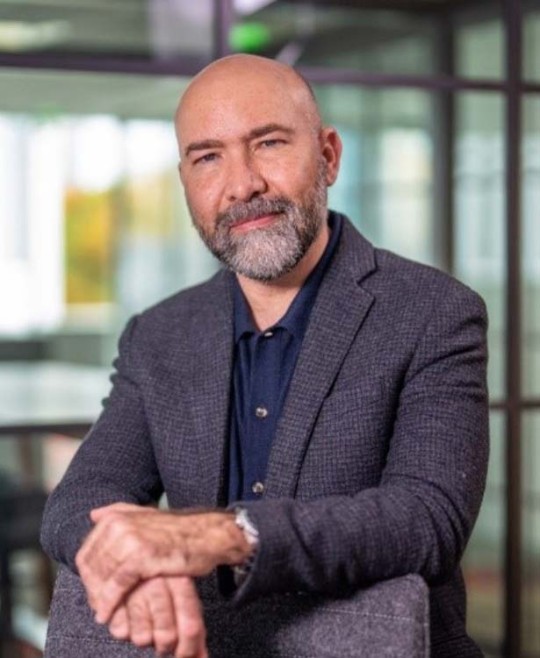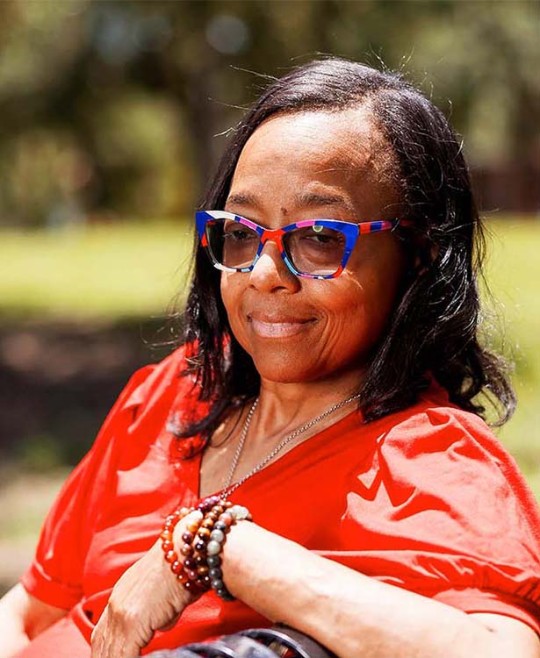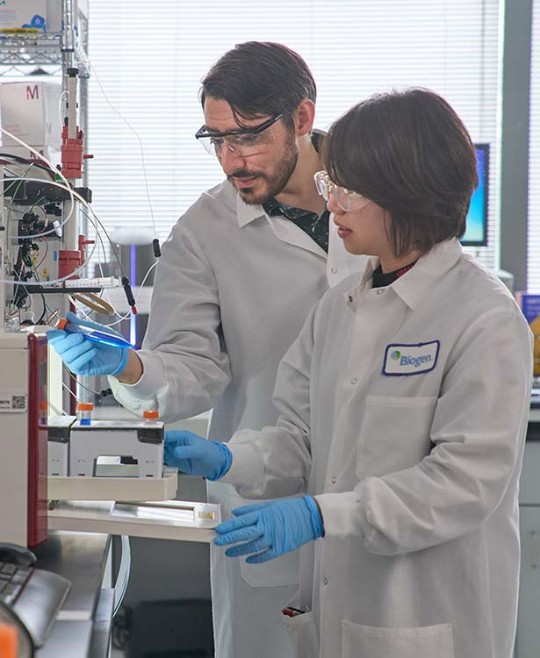Living with a Kidney Transplant: Advocating For Your Health
October 27, 2025
In 2003, Nichole was very sick and couldn’t seem to shake it. She was exhausted, had gained 40 pounds, and couldn’t see out of one eye. A trip to the emergency room revealed end-stage kidney disease, requiring immediate dialysis. Shocked by this news, she asked her doctors how this could have happened. They speculated undiagnosed high blood pressure was one possible cause, but they weren’t certain.
Twenty years later, Nichole finally learned the cause of her kidney failure — immunoglobulin A nephropathy (IgAN), a kidney disease that leads to inflammation and progressive kidney damage. “It took for me to finally say ‘what can I do to find out what I have?’ and a doctor flipped through my chart and saw that a biopsy I had in 2003 revealed IgAN. I was upset with so many people because I’d been asking for 20 years, ‘How did I get this?’”
This revelation came after years of dialysis and two kidney transplants. Nichole was both taken aback by the news, but also relieved. “Finally, I understood it was nothing I did that caused kidney failure,” she said.
Coming to Terms with Her Diagnosis
Nichole’s diagnosis came at a time in her life when she felt she was thriving. “My life was really just kind of getting started. I started a very good career in the IT field. My daughter was a teenager and very active in sports, so I had a lot of things going on.”
The news hit her hard, and her mental outlook deteriorated. “I didn’t understand what was going on, I had a lot of ‘why me’ moments,” she said. At her lowest, she considered giving up dialysis until her daughter walked into her hospital room. “I knew I couldn't do that.” She immediately went into transplant mode.
Nichole spent four and a half years on the kidney transplant wait list, managing her kidney disease with at-home dialysis she completed every night so that she could get up and work the next day and care for her daughter. “The waiting game for a kidney match was nerve wracking,” she said. “Every time I heard someone was transplanted, I wondered, when is my time?”
Managing Life Through Two Transplants
Finally, in 2008, she had her first kidney transplant, but recovery was tough. “You think you're going to go back to normal life; however, that doesn't necessarily happen,” she explained. Nichole experienced anti-body mediated rejection (AMR), a condition that causes the body’s immune system to attack the transplanted kidney. She also struggled to find the energy and will to do things she used to do.
Eight years later, she suspected her transplanted kidney was failing again. Despite her doctor’s reassurances that her lab numbers were where they should be, she trusted her instincts. Empowered by a new support system in her kidney disease community and a new-found confidence to self-advocate, she refused to take ‘no’ for an answer. After six months of begging her doctor for a biopsy, he finally relented and agreed to do it. This led to confirmation of what she had thought; her kidney was failing again.
Nichole immediately rejoined the transplant list, but this time she took control, calling the best hospitals in the country for kidney transplants and handling the paperwork. In 2020, she had her second kidney transplant.
Today, Nichole says she feels good. “I’m very pleased with this kidney. I've been able to do things that I haven't been able to do for 20 years.”
Self-Advocacy Leads to Community Advocacy
Coming to terms with her kidney disease diagnosis, navigating life, and confronting misconceptions have been difficult for Nichole. “People think once we get a transplant, we're cured, so when I had to get another transplant, people were shocked.” Motivated by her experience, she turned her frustration into action and started advocating for kidney disease awareness, particularly within the Black community, which faces disproportionately high rates of kidney failure.
“I advocate because I don't want anyone to go through what I've gone through,” she explains. Her efforts have inspired those closest to her, including her daughter, to begin prioritizing regular testing and proactive health conversations with their doctors.
While Nichole credits her family for providing comfort through her most difficult years, it was her kidney disease community who truly got her through it. Being able to share information, ask questions, and form real relationships that go beyond a diagnosis gave Nichole a sense of relief. "If I didn’t have my support circle of people with kidney disease, I don’t know where I would be."
“Living Life More”
For years, her life felt like a constant battle, but after her second transplant she proudly declares, “I started living life more.”
Today, Nichole travels to visit family and shares her experiences living with kidney disease nationally through lectures, speaking engagements and meetings with lawmakers. “Some people say I do too much, family members say I’m always doing something, well yeah because now I can finally go.”
Nichole sees the many clinical trials underway for kidney diseases as a reason to be hopeful for the future. “So many people are working together trying to find treatments. That gives me hope…and makes me think, that future generations; my nieces, my nephews, their children, won't have to go through it the way that I have.”
Her message to those facing similar challenges: speak up and have an active voice in your own health. Her message to doctors, “Listen to your patients… be open to what they are saying.”
Watch Nichole’s story:


